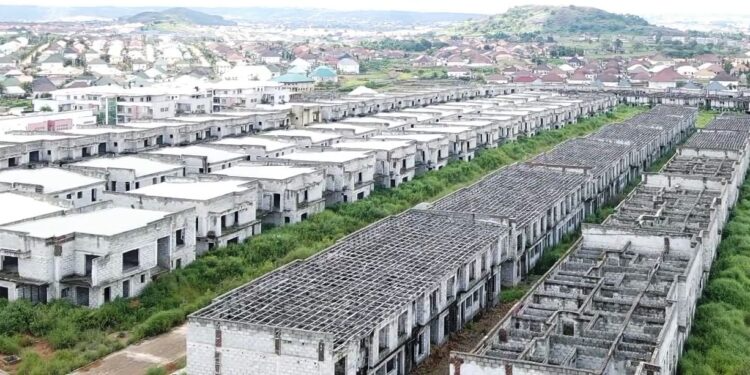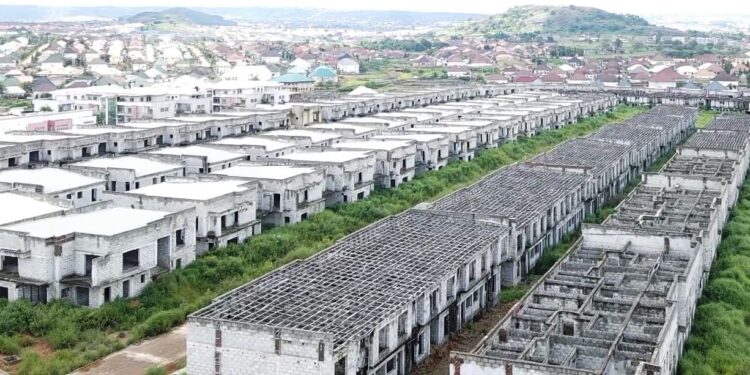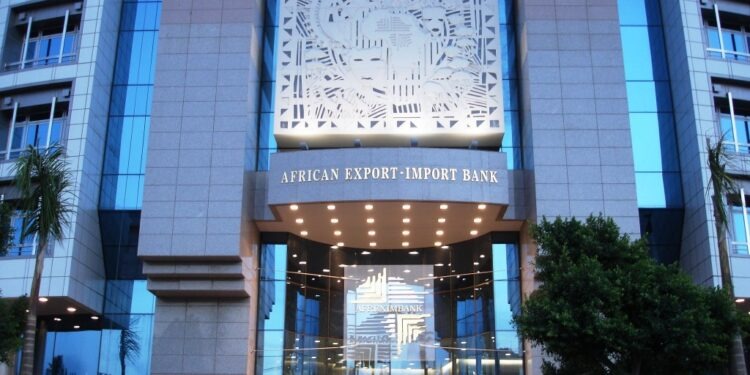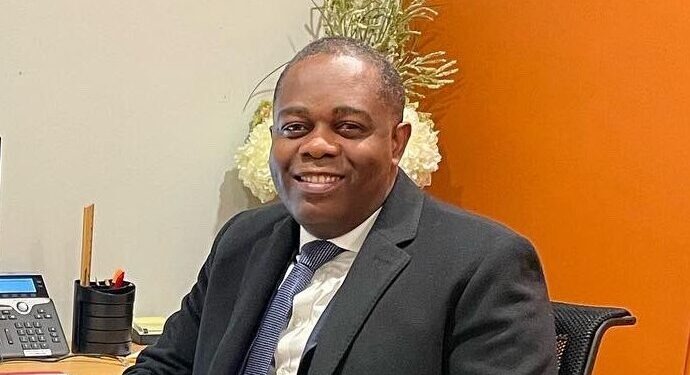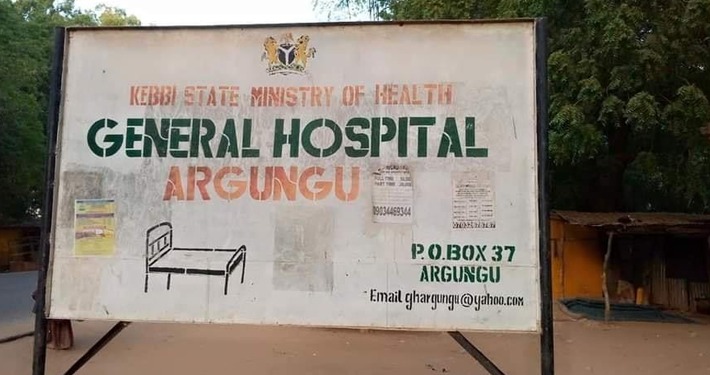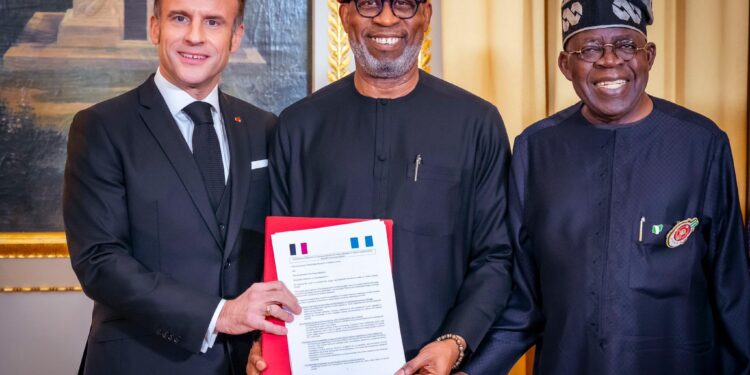The Economic and Financial Crimes Commission (EFCC) has achieved its largest asset recovery to date with the final forfeiture of a 150,500-square-meter estate in Abuja, containing 753 duplexes and other apartments.
The statement from the commission on its official X page revealed that the property is linked to a former high-ranking government official, who is currently under investigation by the EFCC.
The ruling, delivered by Justice Jude Onwuegbuzie on December 2, 2024, follows a successful application for the final forfeiture of the estate, located on Plot 109 Cadastral Zone C09, Lokogoma District, Abuja.
Justice Onwuegbuzie disclosed the respondent failed to justify retaining the property, which is suspected to have been acquired through unlawful activities.
“The respondent has not shown cause as to why he should not lose the property, which has been reasonably suspected to have been acquired with proceeds of unlawful activities. The property is hereby finally forfeited to the federal government,” he stated
The forfeiture was made under the commission’s mandate to ensure that individuals engaged in corruption and fraudulent activities are deprived of the proceeds of their crimes.
The ruling relied on Section 17 of the Advance Fee Fraud and Other Fraud Related Offences Act No. 14, 2006, and Section 44(2) B of the 1999 Constitution.
Asset recovery
The road to the final forfeiture began with an interim order issued on November 1, 2024. The property was built by a former high-ranking government official currently under investigation by the EFCC.
The Commission described the asset seizure as a critical step in depriving the individual of the proceeds of their alleged crimes.
EFCC Chairman, Mr. Ola Olukoyede, while addressing the House of Representatives Committee on Anti-Corruption stated that recovering illicit assets is a complex process, essential to the anti-corruption fight, as depriving suspects of their crime proceeds prevents them from using those resources to resist investigations.
“If you understand the intricacies involved in financial crimes investigation and prosecution you will discover that to recover one billion naira is war.
“So, I told my people that the moment we start an investigation we must also start asset tracing because asset recovery is pivotal in the anti-corruption fight; and one of the potent instruments that you can deploy as an anti-corruption agency for an effective fight is asset tracing and recovery.
If you allow the corrupt or those that you are investigating to have access to the proceeds of their crime, they will fight you with it.
“So one of the ways to weaken them is to deprive them of the proceeds of their crime. So, our modus operandi has changed simultaneously. The moment we begin an investigation, we begin asset tracing. That was what helped us to make our recoveries,” Olukoyede stated.
What you should know
The EFCC Establishment Act empowers the Commission to investigate and recover properties acquired through illicit means.
Section 7 of the Act states:
“The EFCC has the power to cause investigations to be conducted as to whether any person, corporate body or organization has committed any offence under this Act or other law relating to economic and financial crimes and cause investigations to be conducted into the properties of any person if it appears to the Commission that the person’s lifestyle and extent of the properties are not justified by his source of income.”
This recovery represents a milestone in the EFCC’s operations and is viewed as a testament to the government’s commitment to combating corruption. The EFCC described the process as following due procedure, with the asset recovery aligning with its operational mandate and legal frameworks.
